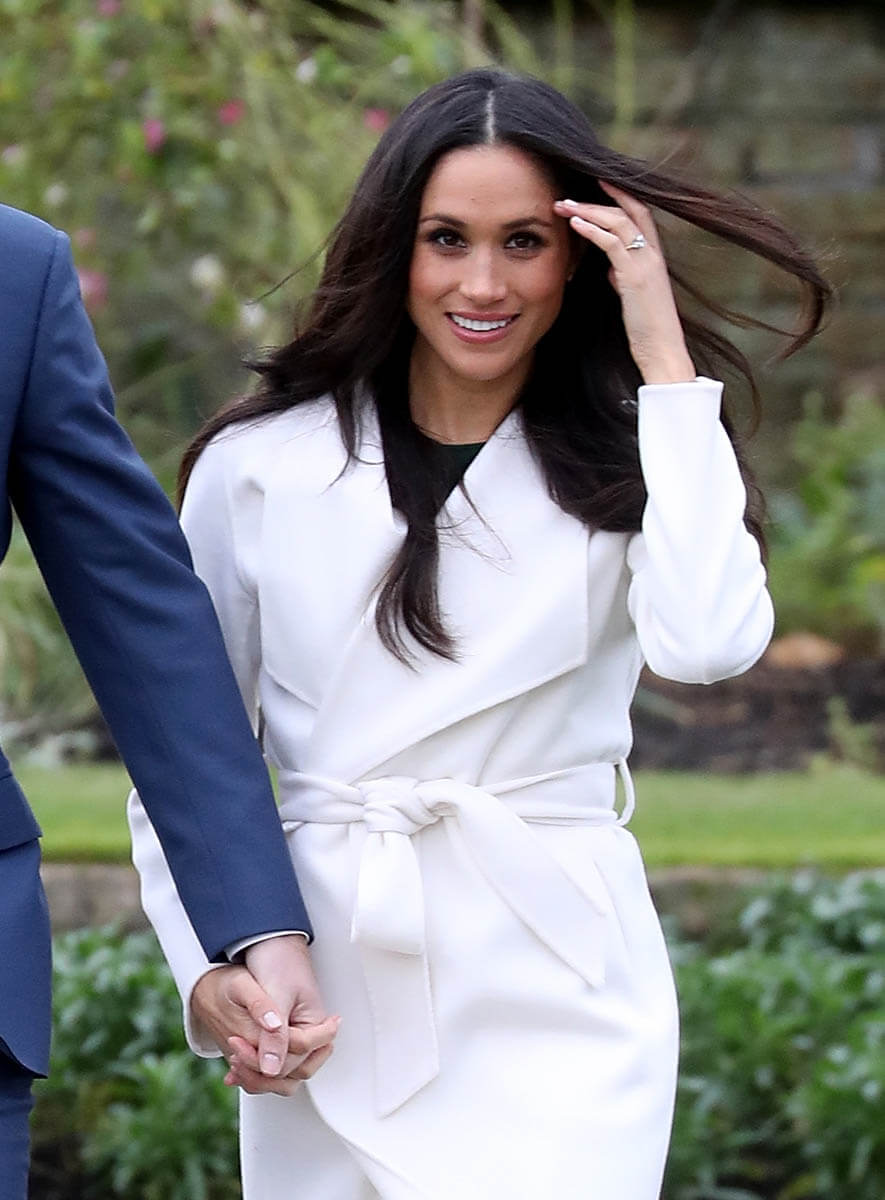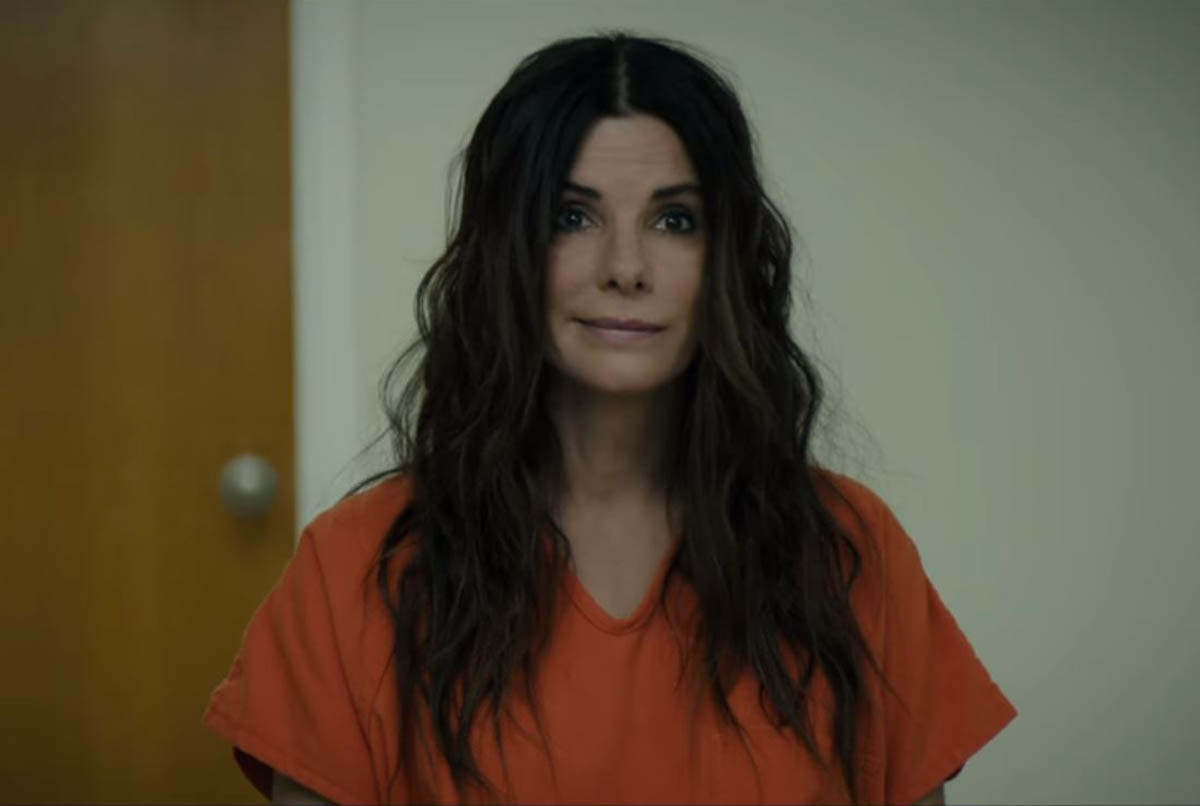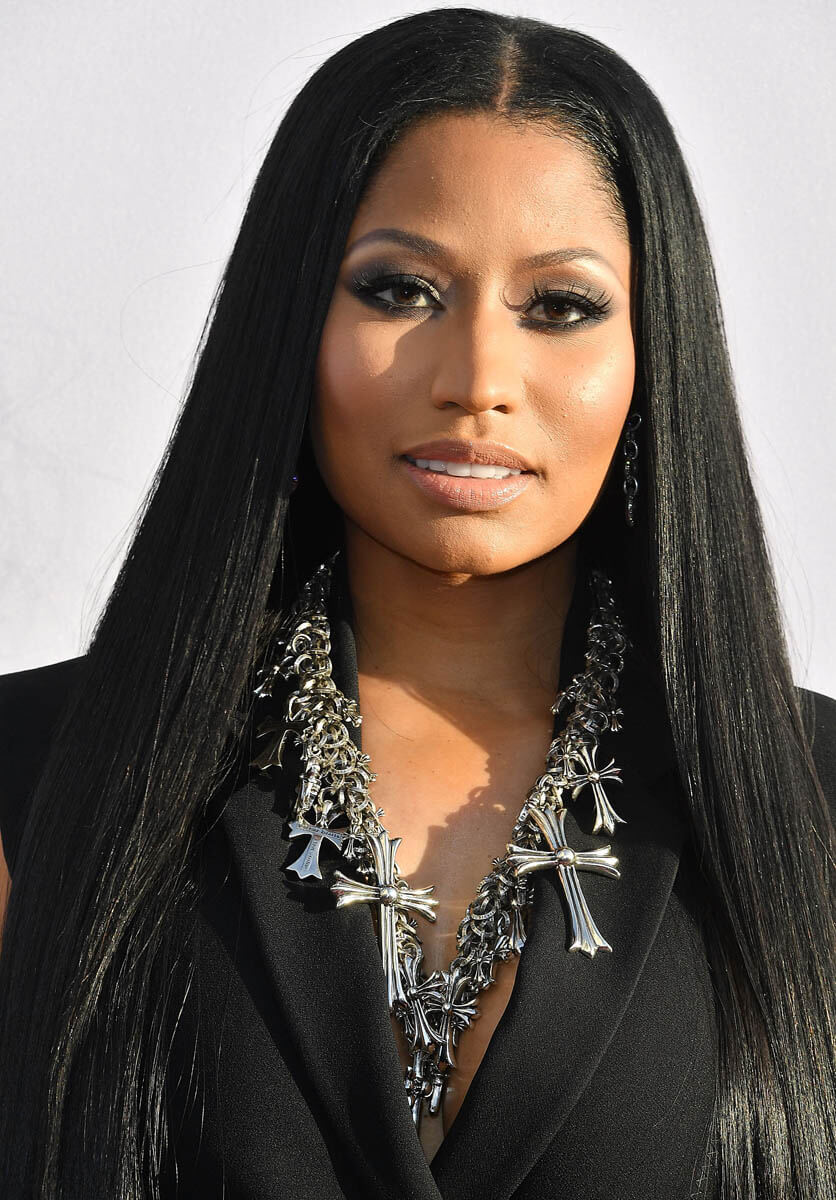Meghan Markle’s wedding dress auditions



Yesterday the Jerusalem Post reported that Israeli designer, Inbal Dror, might be auditioning to be Meghan Markle’s official wedding dress designer and that the label had submitted several sketches to the palace for consideration. Click here to see those sketches at TMZ.
A spokesperson for Inbal Dror then confirmed to PEOPLE that it was true:
“We received a request from the royal family to send a sketch. Unfortunately it’s a secret and I can’t give more details about the sketch.”
This is highly unusual. First of all because, again, we’re still at the audition phase of the process. Several designers have likely been contacted. And whoever eventually gets chosen will likely be contractually obligated to shut the f-ck up about it until Meghan is wearing it on her way to church. So to openly confirm that they’re in the running, that they’re part of the process, at the BEGINNING of the process…
Well, it’s a baller move. And great free publicity.
There are certainly celebrities who have worn Inbal Dror before. And Beyoncé too:
A post shared by Inbal Dror (@inbaldrorofficial) on Dec 7, 2016 at 9:15am PST
But Inbal Dror is not a household name. At least not until today. Today Inbal Dror is making headlines all over the place. Probably other brides have now added Inbal Dror to their wish-list of designers, even though, the chances of Inbal Dror designing Meghan Markle’s wedding dress probably aren’t looking so good anymore. Because this is not how the palace prefers to do business – or anyone, perhaps, in Meghan’s position. That’s one of the biggest secrets, non? The dress? And for a label to go out and claim the news before she gets to? It wouldn’t be the start of a great bride-designer relationship.
That said, I’m not convinced that was Inbal Dror’s goal. Their business priority is to promote their own brand and to ensure its success beyond one dress. They have just forfeited their opportunity to design ONE dress in exchange for the possibility of selling many, many, many more dresses. It’s a calculated risk. It’s a very Hollywood risk, not unlike how an actor leaks that s/he’s landed a role before the studio has even made its decision – both to generate publicity and support and also to ward off other actors. Sometimes it pays off. But even if it doesn’t pay off, and even if they don’t get the part, they’ve gotten their name attached to a high profile project which might open up opportunities for other projects. That’s how it works – when you know that someone else is interested, you start to think you should be interested too. Is this the kind of thing they study at business school? Because I would love to know if this becomes a case study in five years.

